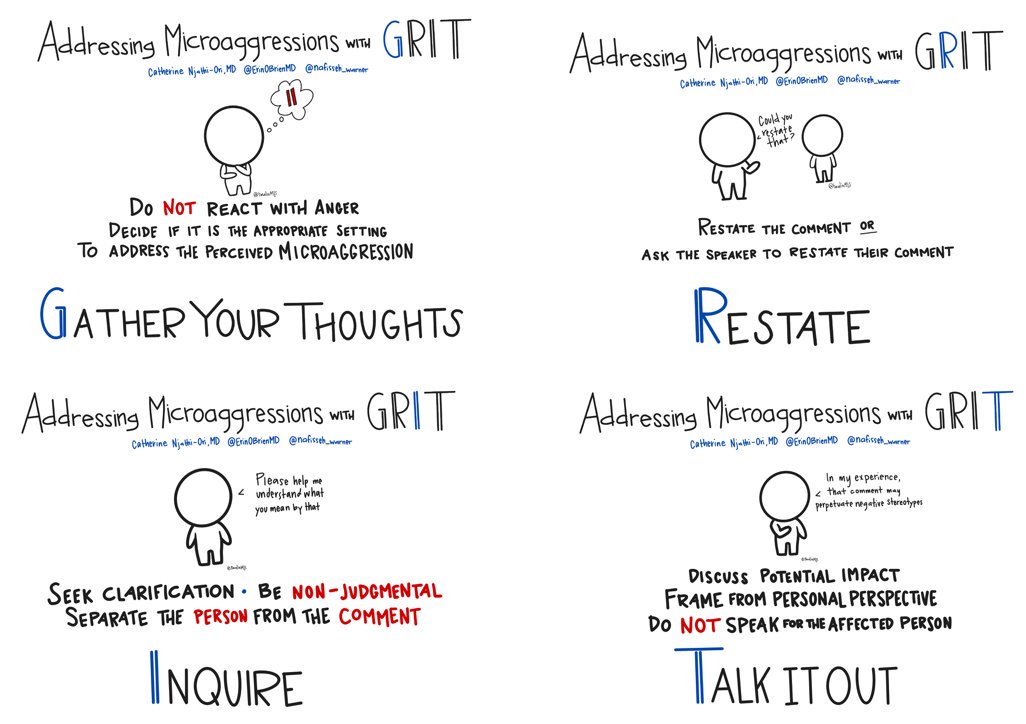Dr. @nafisseh_warner and Catherine Njathi-Ori and I have presented on microaggressions, what they are, how they may affect us in medicine, and how to have a dialogue about them. @choo_ek rec& #39;d tweetorials with references and claiming your expertise: here& #39;s my portion
[1/x]
[1/x]
Microaggresions can be difficult to confront or define: What did they mean by that? They often aren& #39;t obvious, like "old fashioned" sexism or racism.
(What& #39;s this guy saying? this just begged for a caption. She& #39;s not having it.)
(What& #39;s this guy saying? this just begged for a caption. She& #39;s not having it.)
What happens when you hear a microaggression? Do you find yourself derailed, are you thinking about it instead of what you are supposed to be focus on? Are you still thinking about it later? Are you still figure out how to respond? It& #39;s "intrustive cognition"
What happens when it happens here? You& #39;re supposed to be thinking about the patient, but something just happened (a comment, an action) that leaves you feeling diminshed, dismissed, disrespected, questioned
I& #39;ve heard "Microagressions are no big deal, get over it, you& #39;re too sensitive", that I& #39;m primed to turn things into gender issues that aren& #39;t, I need a thicker skin, it used to be worse. But subtle insults or reminders that you are not in the majority can have real effects.
Ask your female residents how many times they have been called by their first name instead of Doctor (then ask the male residents). How many times have female residents had orders questioned, their skills second guessed, their career plans diminished (will you work full time?)
Imposter syndrome" is the insecure feeling that you are undeserving or unaccomplished. "I don& #39;t belong here". An attending in medical school seemed genuinely shocked when I told him where I matched for residency. I though I had worked hard and deserved it. Maybe not?
"Stereotype threat": when people fear that they will live up to a negative stereotype about their group and ironically, they participate in disengaging and self-defeating behaviors that cause them to live up to the feared stereotype. I knew the stereotypes re: "girls" in surgery
Did I ironically fulfill the stereotype that we "eat our young", that women are harder on other women? If I failed, it would mean women shouldn& #39;t be surgeons. And if my junior female colleagues failed, then they would make us all look bad. So maybe I was harder on them.
But how do we deal with microaggressions and biases? When they are obvious, we see them and confront them, we have our "armor on", but when it& #39;s subtle, we aren& #39;t prepared. We are vulnerable, we question if it happened, how we should respond.
Study on addressing bias, women faced "old fashioned" sexism with hostility and engagement. If subtle and ambiguous "modern" sexism, they were less likely to act and it elicited anxiety. "Women can& #39;t be surgeons" vs "Are you the one operating?" https://journals.sagepub.com/doi/abs/10.1177/019027250506800106">https://journals.sagepub.com/doi/abs/1...
A study on #microaggressions found white and minority people react the same but they happen to minority people more often. It& #39;s like mosquito bites: it& #39;s the number that affects you
https://journals.sagepub.com/doi/full/10.1177/0146167219838790
https://journals.sagepub.com/doi/full/... href=" https://fusion.tv/video/354460/how-microaggressions-are-like-mosquito-bites/">https://fusion.tv/video/354...
https://journals.sagepub.com/doi/full/10.1177/0146167219838790
But in healthcare, we want evidence. What& #39;s the evidence that #microaggressions have real effects on people?
Study of problem solving: a Black person was paired w/ a blantantly prejudiced White person or an ambiguously biased White person. The "ambiguous" team did worse; "Mixed messages and subtle racism affected problem solving more than overt racism" Dovidio https://www.ncbi.nlm.nih.gov/pubmed/11987594 ">https://www.ncbi.nlm.nih.gov/pubmed/11...
Being exposed to ambiguous racism affects cognition. Black students did worse on timed task after exposure to ambiguous bias; White students did worse after blatant racism "Subtle prejudice consumes mental resources, esp for those vulnerable to prejudice." https://journals.sagepub.com/doi/full/10.1111/j.1467-9280.2007.01984.x">https://journals.sagepub.com/doi/full/...
Stereotype threat: Black students told test was about "ability" did worse than white students. Told it tested "problem solving": same. Select their race at top of the test: black students scored lower. Was it "risk of fulfilling the racial stereotype"? https://www.ncbi.nlm.nih.gov/pubmed/7473032 ">https://www.ncbi.nlm.nih.gov/pubmed/74...
Stereotype threat & gender: Female students told math test showed gender difference did worse than male students. "No difference": female=male. Not told anything about the test, female students did worse. Bias about math ability starts early for girls. https://www.sciencedirect.com/science/article/pii/S0022103198913737">https://www.sciencedirect.com/science/a...
But do microaggressions have an effect on women and minority professionals in medicine? Well, I haven& #39;t found studies like the above psychology experiments ("Girls aren& #39;t good at surgery, let& #39;s see how well you can operate now"). But let& #39;s look at some studies...
Dr. Files & colleagues noted that female physicians were more likely to be introduced by their first names. If a woman introduced speaker at GR, they were "doctor" >95%. If a man introduced the female speaker, he only called her "Doctor" 49% of the time https://www.liebertpub.com/doi/10.1089/jwh.2016.6044">https://www.liebertpub.com/doi/10.10...
Dr. @NarjustDumaMD found the same at the @ASCO annual meeting: Female speakers were more likely to be introduced by their first name; Black speakers were also more likely to be introduced without a professional title. https://meetinglibrary.asco.org/record/173397/abstract">https://meetinglibrary.asco.org/record/17...
In a test of laparscopic skills in simulator, OB and Gen Surg male and female residents had to predict their scores. Women underestimated their surgical abilities (men did not) but women and men objectively scored the same. Imposter syndrome? https://www.ncbi.nlm.nih.gov/pubmed/28203253 ">https://www.ncbi.nlm.nih.gov/pubmed/28...
Study of Emergency Medicine training programs: male residents were graded as achieving milestone before female residents, equivalent to 3-4 months of additioanl training https://www.ncbi.nlm.nih.gov/pubmed/28264090 ">https://www.ncbi.nlm.nih.gov/pubmed/28...
Both IM and EM residents report that the ideal code leader has "agentic" traits: authoritative, deep loud voice, clear direct communication. Females felt more uncomfortable running a code & gaining the respect of the nurses. https://www.ncbi.nlm.nih.gov/pmc/articles/PMC4146658/
https://www.ncbi.nlm.nih.gov/pmc/artic... href=" https://www.ncbi.nlm.nih.gov/pmc/articles/PMC6001582/">https://www.ncbi.nlm.nih.gov/pmc/artic...
In real life, though, in one study, female physician code leader had a higher likelihood of return of spontaneous circulation (OR 1.36; 95% CI, 1.01-1.85; p = 0.049) and survival to discharge (OR 1.53; 95% CI, 1.15-2.02; p < 0.01) https://www.ncbi.nlm.nih.gov/pubmed/30303843
(?">https://www.ncbi.nlm.nih.gov/pubmed/30... pic of code leader)
(?">https://www.ncbi.nlm.nih.gov/pubmed/30... pic of code leader)
And in my own specialty, female residents in otolaryngology reported fewer cases in which they performed >50% of the case compared to graduating males residents (P <0.001). Are they reporting fewer or doing fewer? https://onlinelibrary.wiley.com/doi/abs/10.1002/lary.28306">https://onlinelibrary.wiley.com/doi/abs/1...
Are the gender gaps in introductions and medical training due to #microaggressions? Maybe they aren& #39;t related at all, but the data keeps coming in on inequality in medicine (and there& #39;s less data on URM residents and physicians, but please post studies I& #39;ve missed)
With gender gaps in medicine for women promotion, pay, leadership, referrals to female vs male surgeons, it isn& #39;t hard to draw the line from everyday "slights" and #microaggressions to real measurable effects. How to address microaggressions? With GRIT

 Read on Twitter
Read on Twitter![Dr. @nafisseh_warner and Catherine Njathi-Ori and I have presented on microaggressions, what they are, how they may affect us in medicine, and how to have a dialogue about them. @choo_ek rec& #39;d tweetorials with references and claiming your expertise: here& #39;s my portion[1/x] Dr. @nafisseh_warner and Catherine Njathi-Ori and I have presented on microaggressions, what they are, how they may affect us in medicine, and how to have a dialogue about them. @choo_ek rec& #39;d tweetorials with references and claiming your expertise: here& #39;s my portion[1/x]](https://pbs.twimg.com/media/EJHyJ42XYAIxwDw.png)



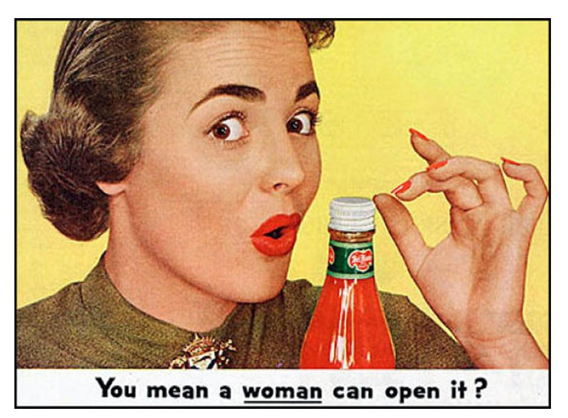

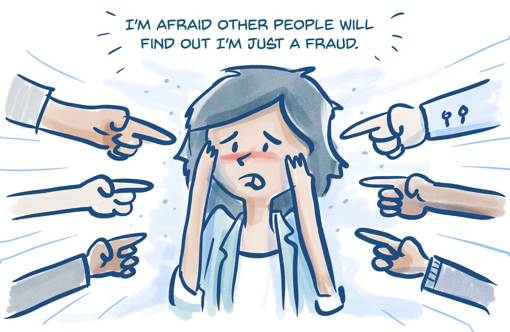



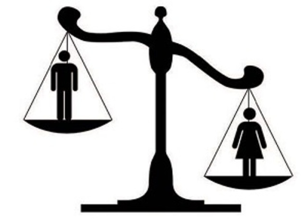
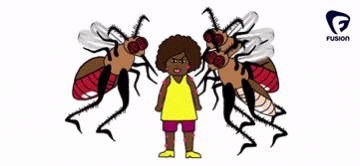 https://fusion.tv/video/354..." title="A study on #microaggressions found white and minority people react the same but they happen to minority people more often. It& #39;s like mosquito bites: it& #39;s the number that affects you https://journals.sagepub.com/doi/full/... href=" https://fusion.tv/video/354460/how-microaggressions-are-like-mosquito-bites/">https://fusion.tv/video/354..." class="img-responsive" style="max-width:100%;"/>
https://fusion.tv/video/354..." title="A study on #microaggressions found white and minority people react the same but they happen to minority people more often. It& #39;s like mosquito bites: it& #39;s the number that affects you https://journals.sagepub.com/doi/full/... href=" https://fusion.tv/video/354460/how-microaggressions-are-like-mosquito-bites/">https://fusion.tv/video/354..." class="img-responsive" style="max-width:100%;"/>

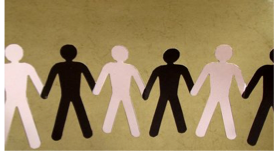


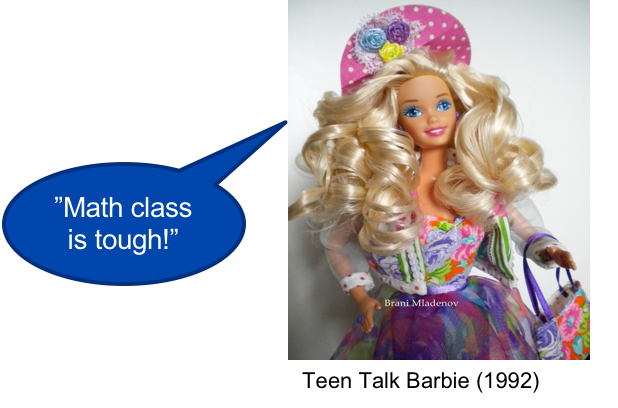
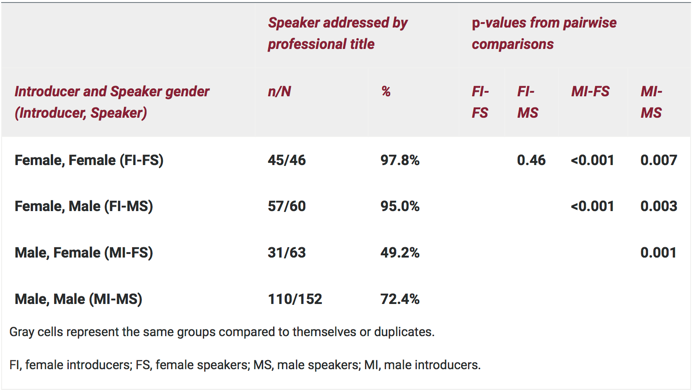
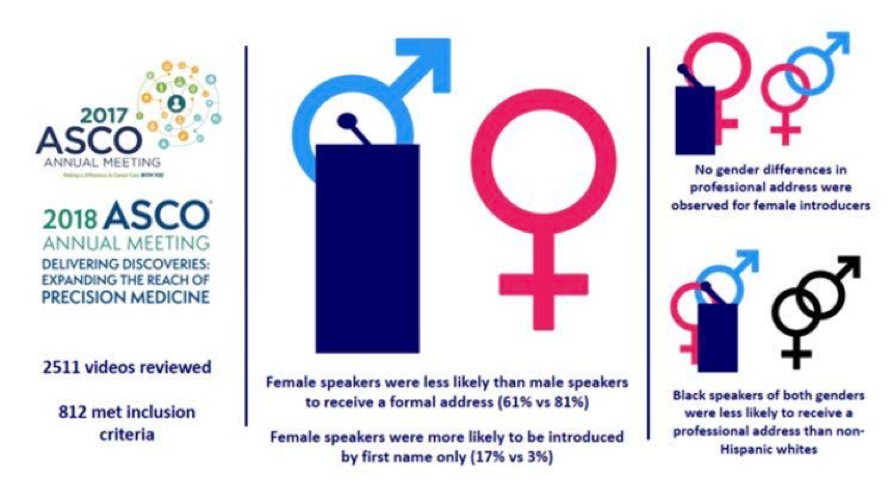
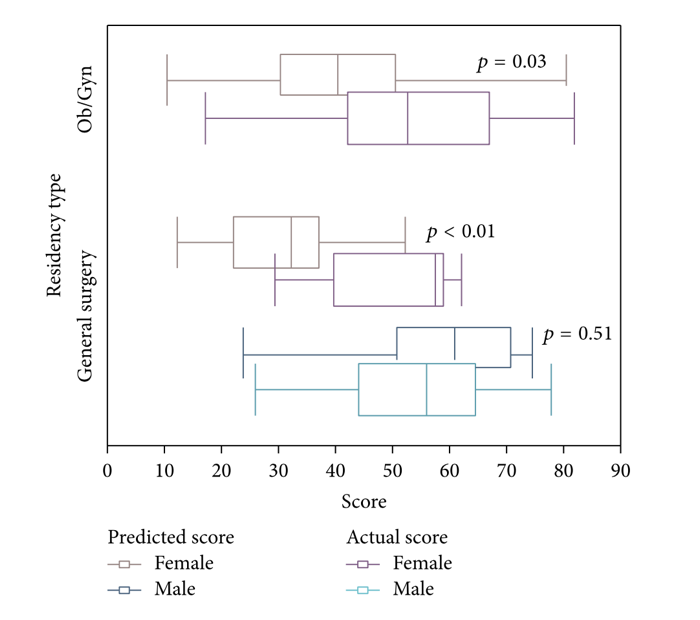

 https://www.ncbi.nlm.nih.gov/pmc/artic..." title="Both IM and EM residents report that the ideal code leader has "agentic" traits: authoritative, deep loud voice, clear direct communication. Females felt more uncomfortable running a code & gaining the respect of the nurses. https://www.ncbi.nlm.nih.gov/pmc/artic... href=" https://www.ncbi.nlm.nih.gov/pmc/articles/PMC6001582/">https://www.ncbi.nlm.nih.gov/pmc/artic..." class="img-responsive" style="max-width:100%;"/>
https://www.ncbi.nlm.nih.gov/pmc/artic..." title="Both IM and EM residents report that the ideal code leader has "agentic" traits: authoritative, deep loud voice, clear direct communication. Females felt more uncomfortable running a code & gaining the respect of the nurses. https://www.ncbi.nlm.nih.gov/pmc/artic... href=" https://www.ncbi.nlm.nih.gov/pmc/articles/PMC6001582/">https://www.ncbi.nlm.nih.gov/pmc/artic..." class="img-responsive" style="max-width:100%;"/>


